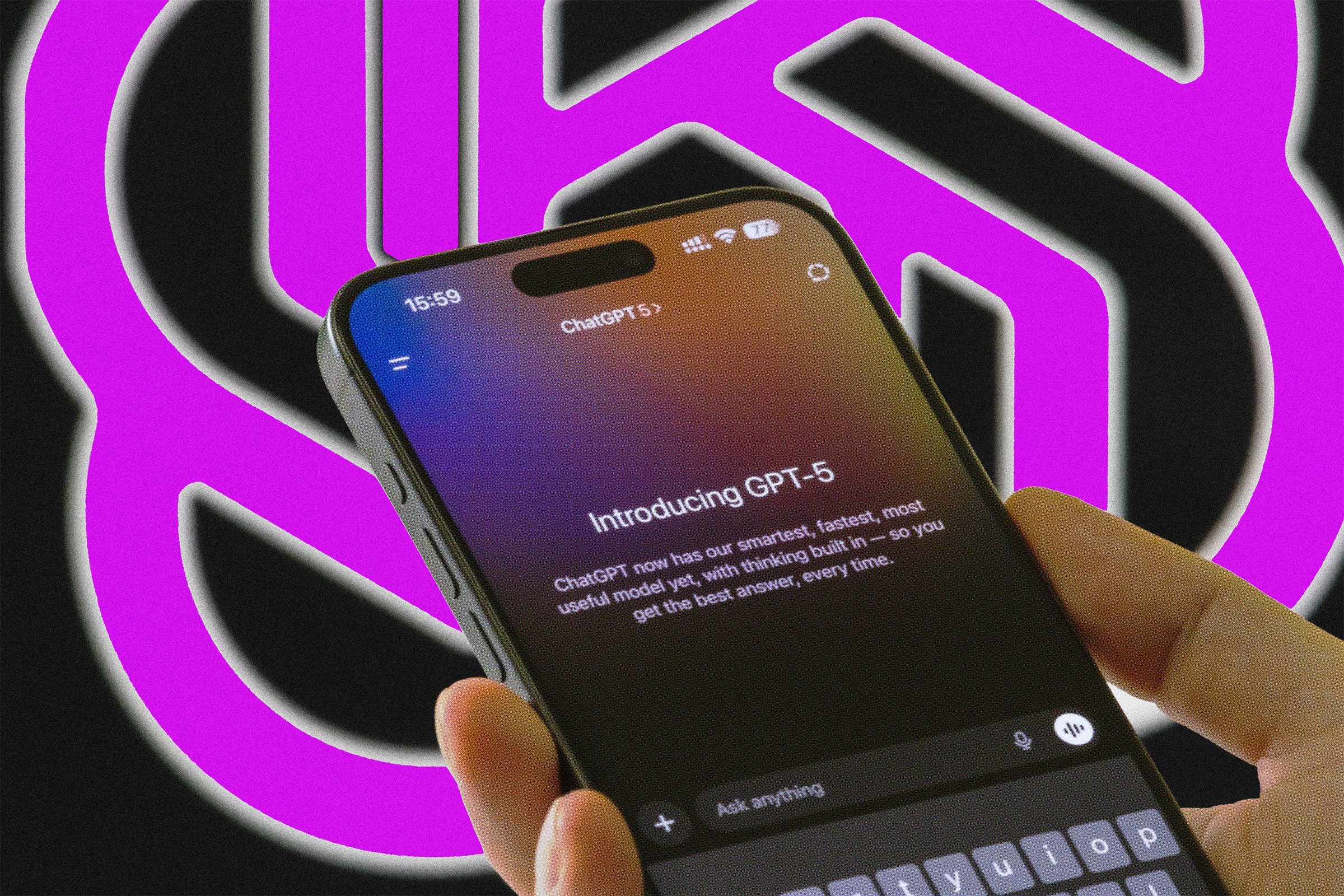GPT-5 Doesn’t Dislike You—It Might Just Need a Benchmark for Emotional Intelligence
GPT-5 Doesn’t Dislike You—It Might Just Need a Benchmark for Emotional Intelligence
As artificial intelligence continues to advance, questions about its emotional intelligence and…

GPT-5 Doesn’t Dislike You—It Might Just Need a Benchmark for Emotional Intelligence
As artificial intelligence continues to advance, questions about its emotional intelligence and capacity for empathy are being raised more frequently. GPT-5, the latest iteration of AI language models, has been criticized for its perceived lack of emotional intelligence when interacting with users.
However, it’s important to remember that GPT-5 is a tool created by humans, and its responses are generated based on the data it has been trained on. Without a benchmark for emotional intelligence, it’s unfair to expect GPT-5 to exhibit human-like emotions or responses.
One possible solution is to develop a benchmark for emotional intelligence that can be used to evaluate and improve AI models like GPT-5. By providing a standard for emotional intelligence, developers can better understand and enhance the way AI interacts with users.
It’s also important for users to remember that GPT-5 is a machine and doesn’t have the capacity for emotions like humans do. While it can mimic empathy and understanding to a certain extent, its responses are ultimately based on algorithms and data, not genuine emotions.
Instead of expecting GPT-5 to exhibit emotional intelligence, users can focus on utilizing it effectively as a language model and tool. By understanding its limitations and capabilities, users can better navigate their interactions with AI.
As AI technology continues to evolve, the conversation around emotional intelligence and AI ethics will only become more important. By establishing benchmarks and standards for emotional intelligence in AI models like GPT-5, we can work towards creating more empathetic and understanding interactions between humans and machines.
Ultimately, GPT-5 doesn’t dislike you—it’s simply a product of its programming and training data. By recognizing this and working towards enhancing its emotional intelligence capabilities, we can create a more harmonious relationship between AI and humans.
So the next time GPT-5 gives a seemingly cold or detached response, remember that it’s not personal—it’s just a machine learning algorithm doing its best with the information it has been provided.




